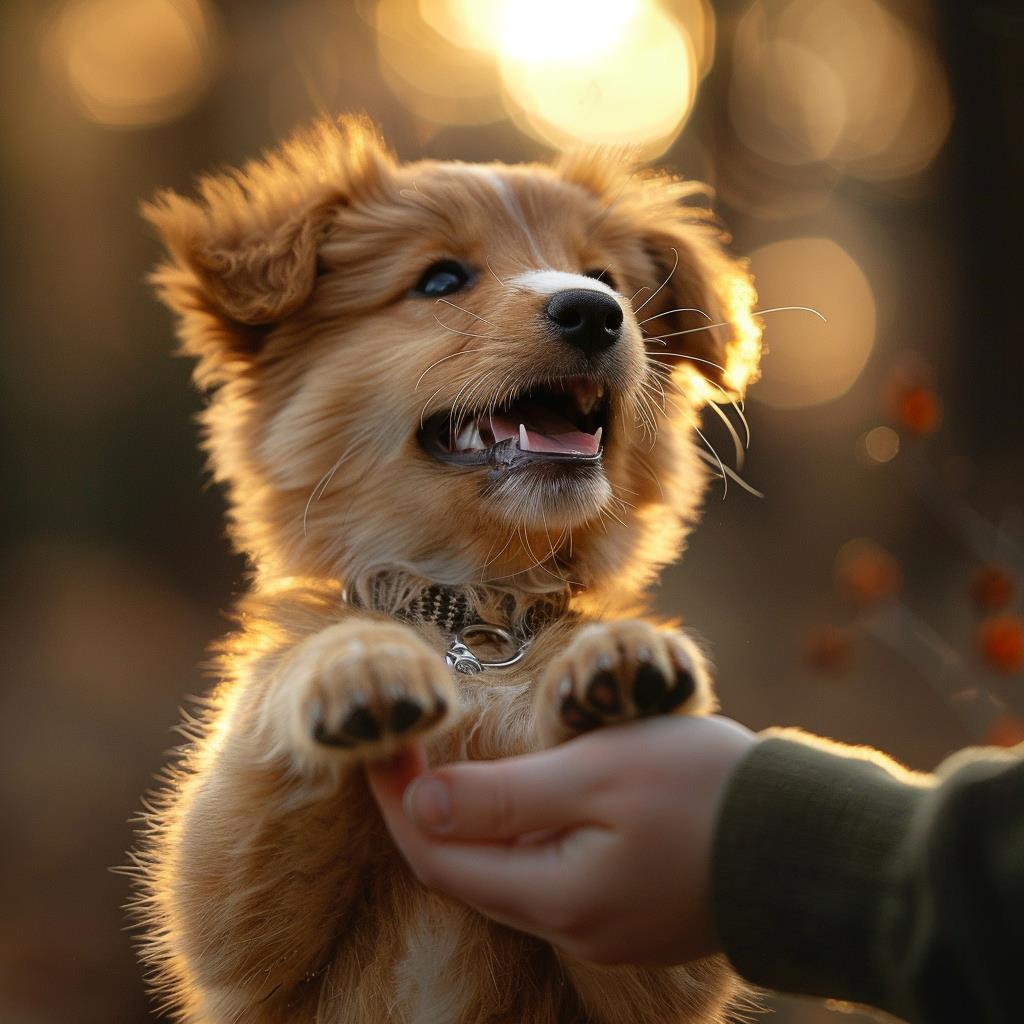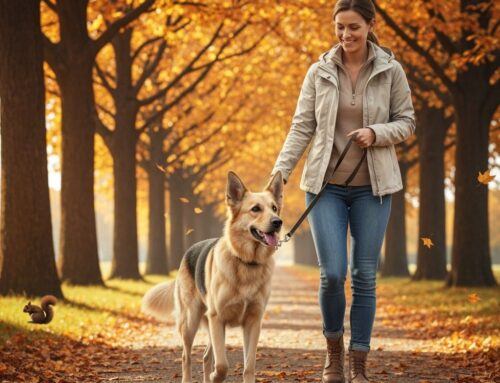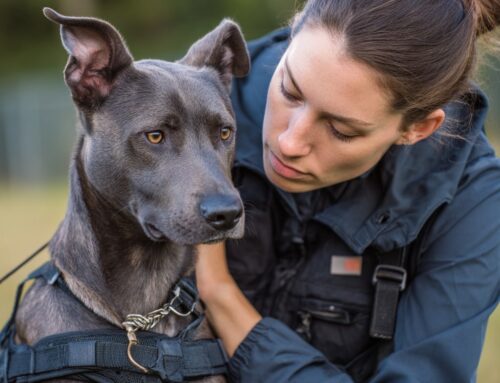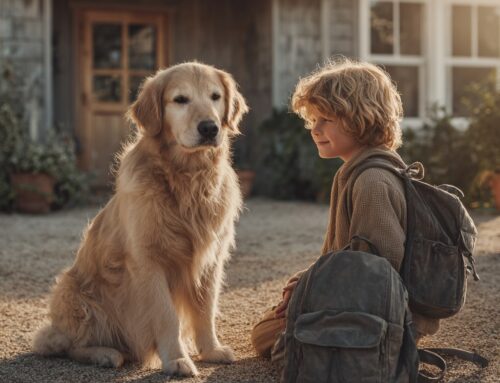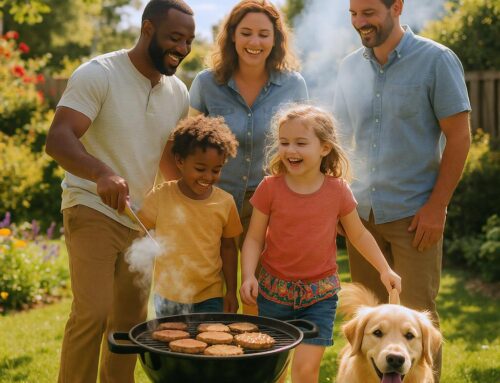From their tiny paws to their playful antics, welcoming a new puppy into your home is an exciting and rewarding experience since puppies bring joy and companionship into our lives. However, along with the cuddles and kisses, comes the responsibility of ensuring that your furry friend grows into a well adjusted and socially adept adult dog. This is where puppy socialization plays a pivotal role in your dog’s behavior.
Proper socialization is the cornerstone of a well-rounded canine companion. It involves exposing your puppy to a variety of environments, stimuli, and experiences in a positive and controlled manner. By introducing your puppy to the world around them during their critical developmental period, you lay the foundation for a confident, well-mannered, and adaptable adult dog.
We’ll get into the top puppy socialization techniques with positive training methods for training success. From early exposure to positive reinforcement training and structured socialization activities, let’s explore how you can help your puppy navigate the world with ease and confidence.
Early Exposure to Various Environments and Stimuli
The first few months of a puppy’s life are crucial for shaping their dog behavior and temperament. During this critical period, known as the socialization window, puppies are highly receptive to new experiences. Therefore, it’s essential to expose your puppy to a wide range of environments, stimuli, and social interactions to build their confidence and resilience.
Introducing Your Puppy to Different Environments
One of the fundamental aspects of puppy socialization is exposing your furry friend to various environments. Start by introducing your puppy to different surfaces such as grass, gravel, sand, and hardwood floors. Gradually expose them to different environments, including parks, streets, busy markets, and indoor spaces.
By allowing your puppy to explore different settings, you help them become accustomed to new sights, sounds, and smells. This exposure reduces the likelihood of fear or anxiety responses in unfamiliar situations and garnering unwanted behaviors, making your puppy more adaptable and confident in their surroundings.
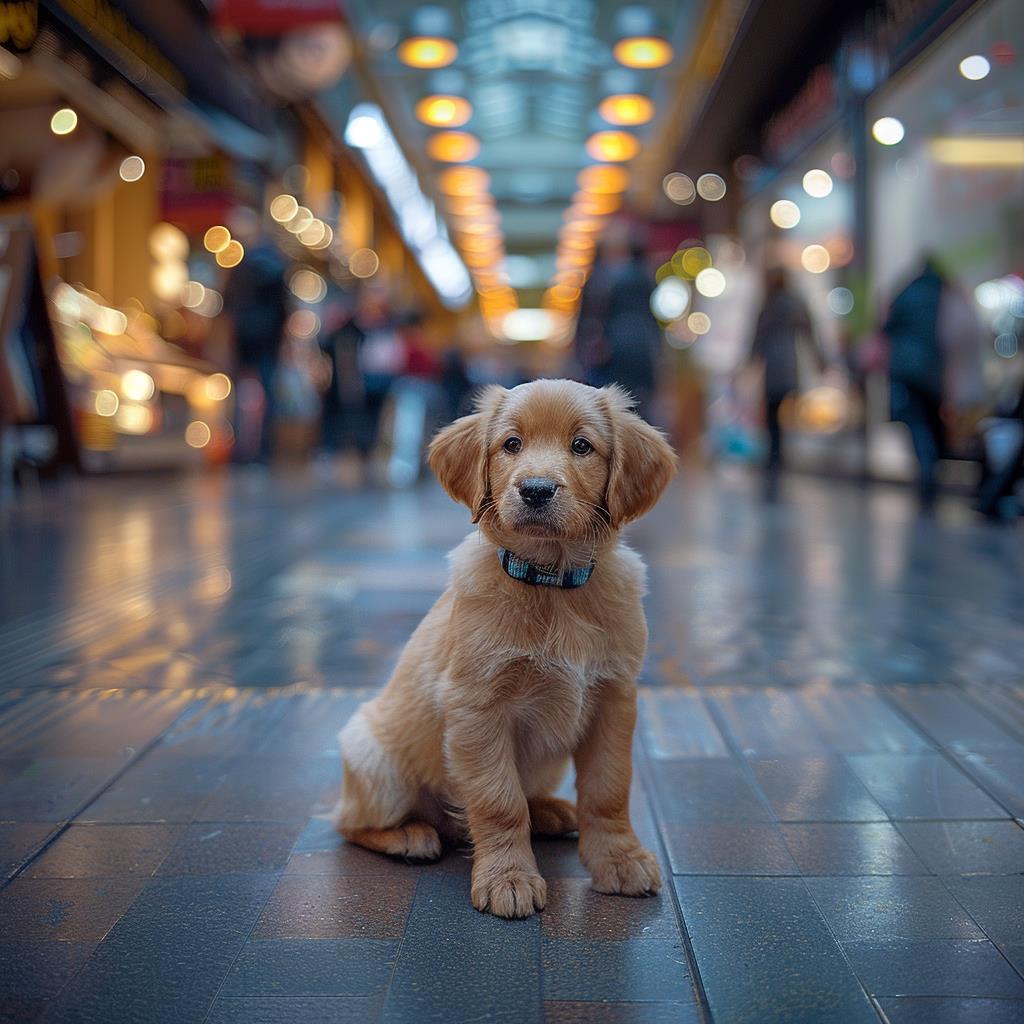
Familiarizing Your Puppy with Common Household Sounds
In addition to environmental exposure, it’s crucial to familiarize your puppy with common household sounds. From the hum of the vacuum cleaner to the clang of pots and pans in the kitchen, our homes are filled with various noises that can startle or frighten a young pup.
Create positive associations by gradually introducing your puppy to these sounds in a controlled manner. Start with low-volume recordings or simulate the noises yourself, rewarding your puppy for remaining calm and relaxed. As they become more accustomed to the sounds, gradually increase the volume and intensity, ensuring that your puppy feels safe and secure throughout the process.
Exposing Your Puppy to Different People and Dogs
Socialization isn’t just about exposing your puppy to different environments; it also involves introducing them to a diverse range of people and dogs. Encourage positive interactions with family members, friends, neighbors, and strangers of all ages and backgrounds. Likewise, arrange supervised playdate with well-socialized dogs of varying breeds, sizes, and temperaments since dogs learn from other dogs as well.
Controlled interactions with other dogs allow your puppy to learn important social cues, such as appropriate play behavior and body language. Additionally, exposure to different people helps your puppy develop confidence and trust, reducing the likelihood of fear-based aggression or shyness in adulthood.
Positive Reinforcement Training
Positive reinforcement training is a powerful tool for shaping your puppy’s behavior and fostering a strong bond based on trust and mutual respect. By rewarding desirable behaviors with treats, praise, and play, you can effectively encourage your puppy to engage in positive social interactions and navigate new experiences with confidence.
Using Treats, Praise, and Play to Reinforce Positive Behavior
Positive reinforcement relies on the principle of rewarding desired behaviors to increase the likelihood of their repetition. Whenever your puppy exhibits calm, confident, or friendly behavior in social situations, immediately reward them with treats, praise, or a favorite toy.
For example, if your puppy approaches a new person or dog without hesitation, shower them with praise and offer a tasty treat as a reward. Similarly, if your puppy remains calm during exposure to unfamiliar sounds or environments, reinforce this behavior with verbal praise and a game of fetch or tug-of-war. By consistently associating positive experiences with desirable behaviors, you help your puppy develop a positive outlook on socialization and build their confidence in various situations.
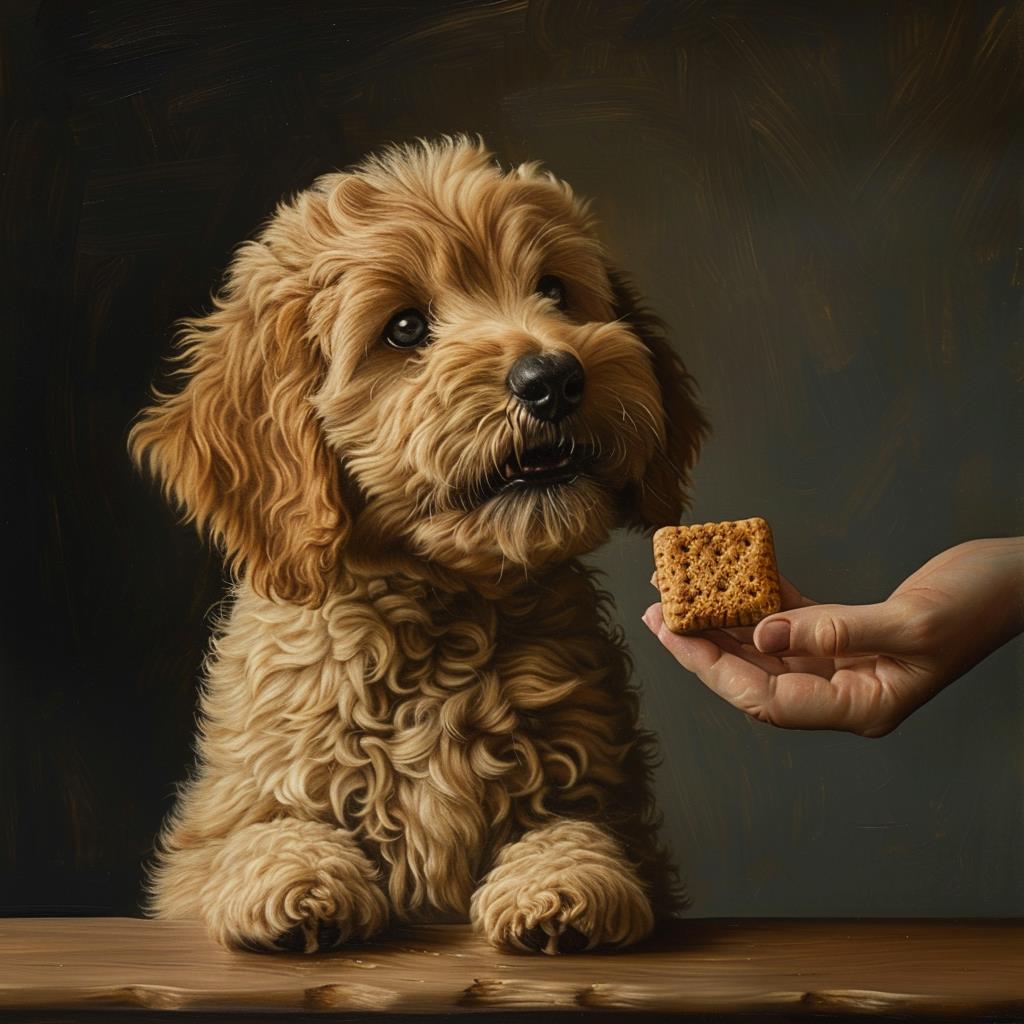
Capture and Shape Behaviors
And to go along with giving treats and praise, capture and shaping behaviors are powerful techniques that capitalize on your puppy’s natural instincts and behaviors. By capturing spontaneous actions that align with your training goals, such as sitting or lying down, you can reinforce these behaviors and encourage your puppy to offer them more frequently. For instance, if your puppy sits down on their own without any prompting from you, seize the opportunity to praise and reward them immediately. This reinforces the behavior and increases the likelihood of them repeating it in the future.
Similarly, when teaching more complex behaviors like fetching, reward any effort your puppy makes to interact with the toy, whether it’s sniffing, nudging, or mouthing it. Gradually shape the behavior by rewarding successive approximations of the desired action, such as picking up the toy or moving towards you with it. With patience and consistency, you can shape your puppy’s behaviors to align with your training goals while strengthening your bond through positive reinforcement.
Incorporate Positive Verbal Markers
Verbal markers provide a versatile and convenient alternative, especially in situations when you want to maintain a quieter environment. By using consistent verbal cues such as “yes” or “good,” you can communicate approval and signal to your puppy that they’ve performed the desired behavior correctly.
Pairing the verbal marker with a reward, whether it’s a treat, praise, or a favorite toy, reinforces the association between the marker and the desired action. Verbal markers can be seamlessly integrated into everyday interactions with your puppy, allowing for spontaneous reinforcement of good behavior and enhancing communication between you and your furry friend. Additionally, verbal markers can help maintain clarity and consistency in training sessions, enabling your puppy to understand and respond to commands effectively across various environments and contexts.
Gradually Increasing the Level of Challenge
As your puppy becomes more comfortable with socialization exercises, gradually increase the level of challenge to further enhance their skills. Start by introducing them to mildly stimulating environments and gradually progress to more challenging scenarios as they gain confidence.
For example, if your puppy is initially hesitant around other dogs, begin with calm, well-socialized dogs in controlled environments such as puppy classes or supervised playdates. As they become more confident, gradually introduce them to more energetic playmates and unfamiliar dogs, always ensuring that interactions remain positive and stress-free.
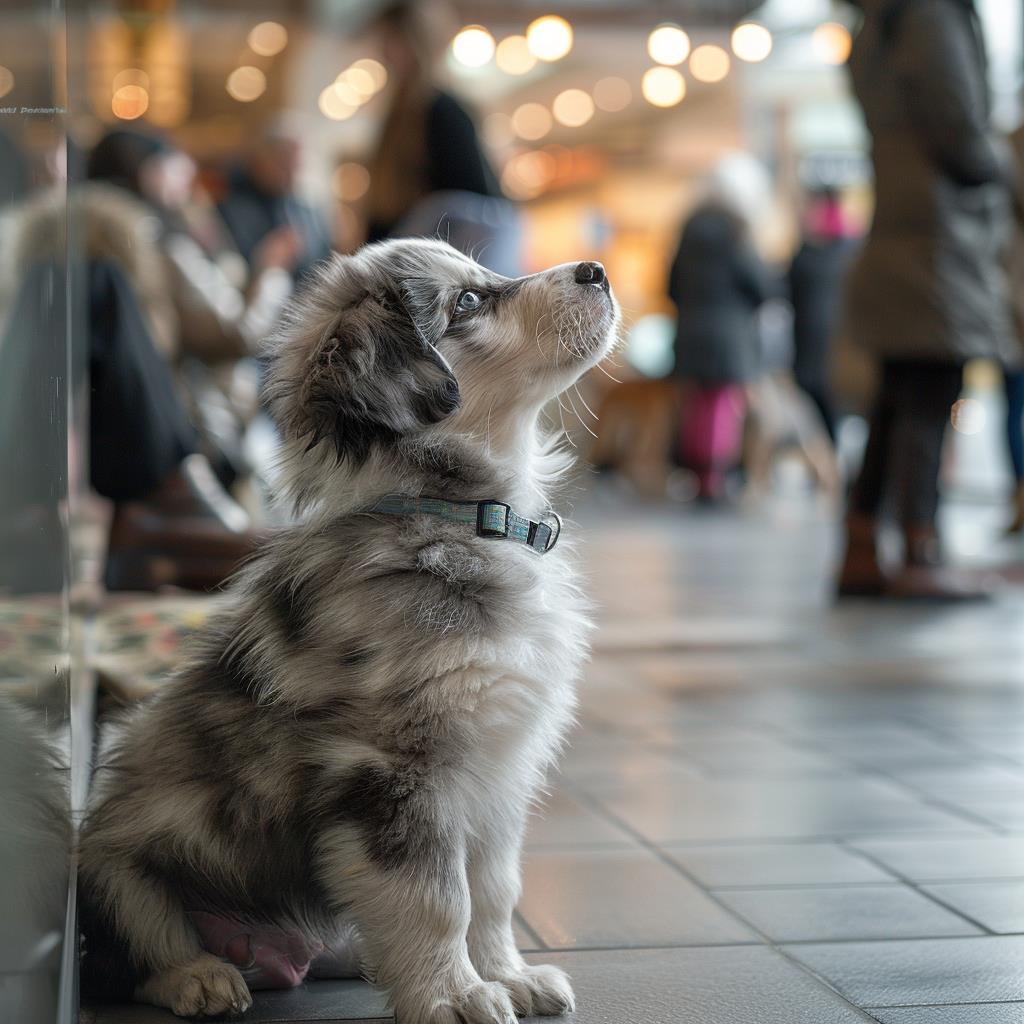
Keep Training Sessions Short and Positive
Keep training sessions short and positive to prevent your puppy from becoming bored or frustrated. Aim for multiple short sessions throughout the day, each lasting no more than 5 to 10 minutes. End each session on a high note with a successful behavior and plenty of praise and rewards, reinforcing your puppy’s enjoyment of training.
By incorporating these additional techniques into your positive reinforcement training regimen, you can enhance your puppy’s learning experience and foster a strong bond based on trust and cooperation. Remember to be patient, consistent, and encouraging, and celebrate each small success along the way.
Structured Socialization Activities
Structured socialization activities provide valuable opportunities for your puppy to interact with other dogs and people in a controlled and supervised environment. Whether through puppy socialization classes, supervised playdates, or daily outings, structured activities allow your puppy to develop crucial social skills while under the guidance of a trained professional or experienced dog owner.
Enrolling Your Puppy in Puppy Socialization Classes
Puppy socialization classes are specifically designed to provide puppies with opportunities for socialization and basic obedience training in a controlled setting. Led by certified trainers or behaviorists, these classes typically involve supervised play sessions, group exercises, and positive reinforcement techniques to help puppies develop essential social skills.
By enrolling your puppy in a reputable socialization class, you not only provide them with valuable socialization experiences but also gain access to expert guidance and support. Trainers can offer personalized advice and address any behavior issues or concerns that may arise during the socialization process, ensuring that your puppy receives the best possible start in life.
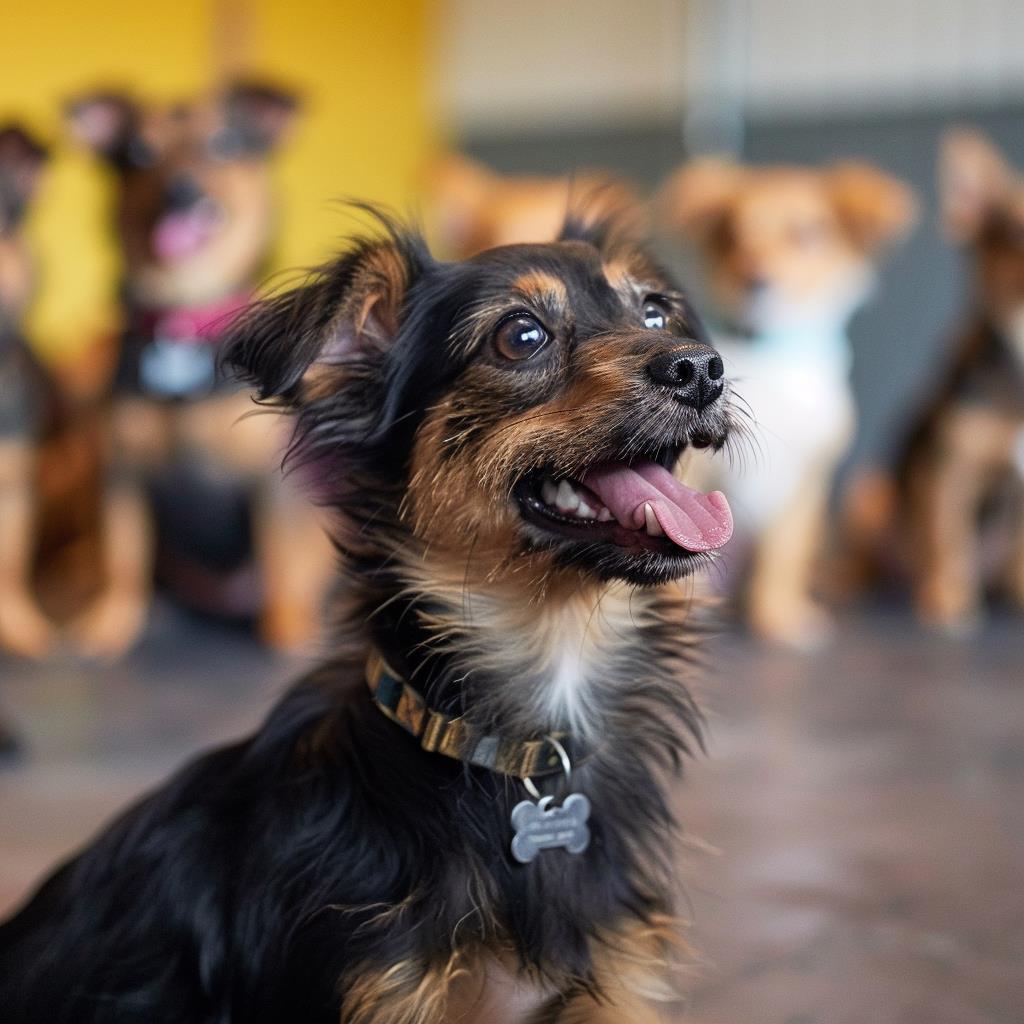
Organizing Supervised Playdates and Outings
In addition to formal socialization classes, you can organize supervised playdates and outings with other puppies or well-behaved adult dogs in your neighborhood or local dog community. These informal gatherings provide valuable opportunities for your puppy to engage in natural social interactions and practice their canine communication skills.
When organizing playdates, choose playmates that are of similar size, age, and energy level to ensure compatible interactions. Monitor play sessions closely to prevent any rough or inappropriate behavior and intervene if necessary to maintain a positive and safe environment for all dogs involved.
Incorporating Socialization into Daily Routines
Socialization shouldn’t be limited to structured activities; it should be an integral part of your puppy’s daily routine. Take your puppy on regular walks to expose them to different sights, sounds, and smells in the neighborhood. Visit dog-friendly establishments such as pet stores, cafes, and parks to allow your puppy to interact with new people and dogs in a relaxed setting.
Participate in activities such as agility training, obedience classes, or canine sports to provide your puppy with mental and physical stimulation while strengthening your bond as a team. By incorporating socialization into your daily routines, you help your puppy develop the confidence, resilience, and social skills needed to thrive in various situations.
Positive Reinforcement Dog Training
Mastering puppy socialization is essential for setting your furry friend up for a lifetime of success and happiness. By employing the top techniques outlined in this guide, you can help your puppy develop the confidence, resilience, and social skills needed to navigate the world with ease and confidence.
From early exposure to various environments and stimuli to positive reinforcement training and structured socialization activities, every interaction shapes your puppy’s behavior and temperament. By providing a nurturing environment filled with positive experiences and guided social interactions, you can lay the foundation for a well-adjusted and socially adept adult dog.
Remember that socialization is an ongoing process that requires patience, consistency, and commitment. Be proactive in exposing your puppy to new experiences, and always prioritize their safety and well-being. With dedication and love, you can help your puppy grow into the happy, confident, and well-behaved companion you’ve always dreamed of.
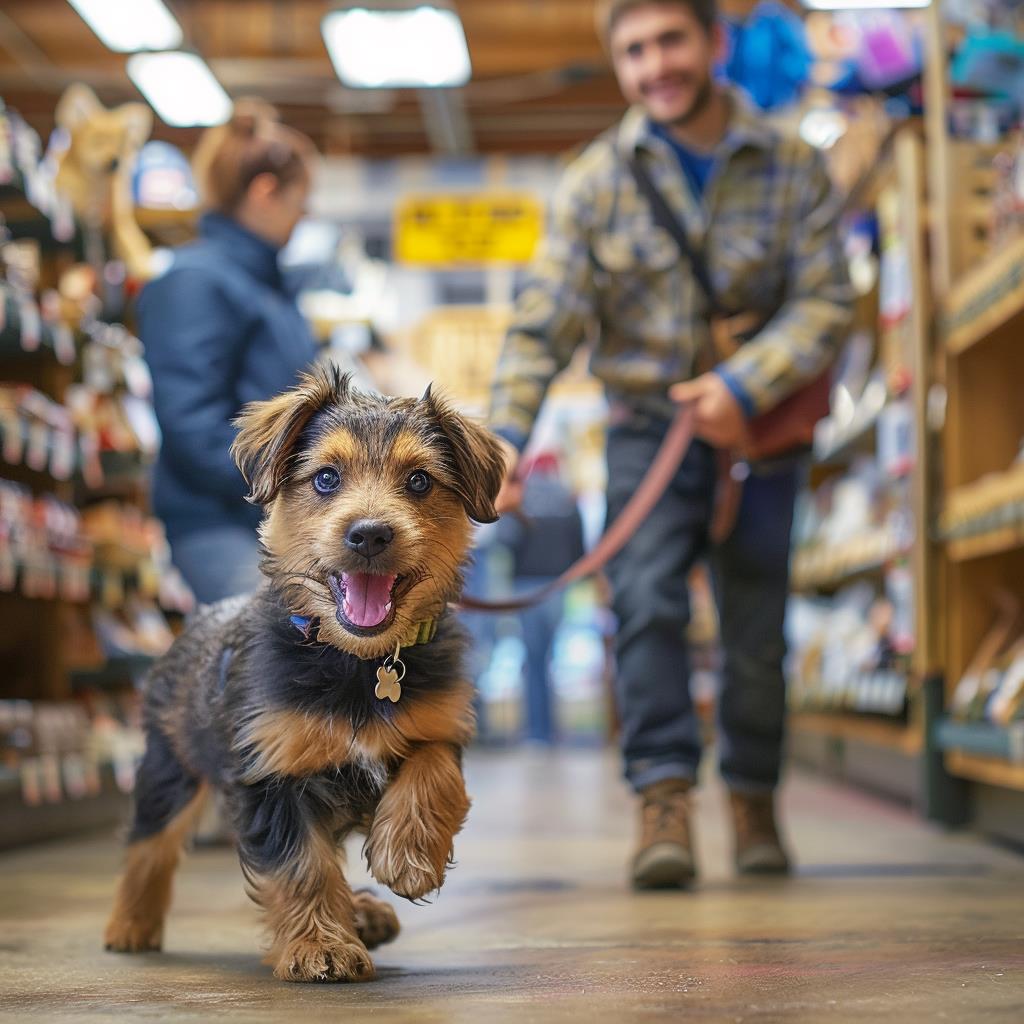
In addition to implementing these top socialization techniques, pet parents can take their puppy’s training to the next level with Performance K9 Training and Boarding’s Yappy Puppy Program. This unique program bridges the gap for puppies too young to start the traditional board and train program, offering two private lessons tailored to address challenges such as potty training, crate training, and socialization. Once the puppy reaches five months old, they can enroll in the two-week Basic Behavior Modification Board and Train Program, where they’ll learn essential skills like leash manners, recall, and place commands under partial off-leash and distraction conditions. With expert guidance from top training specialists overseen by David Greene, pet parents can witness impressive results in their puppy’s behavior in a relatively short time. Text updates throughout the training and 10 private lessons afterward ensure that pet parents stay informed and equipped to maintain their puppy’s comprehensive training. To get started, pet parents can schedule a free consultation to create a tailored training program for their pup, ensuring a lifetime of training success and companionship.



